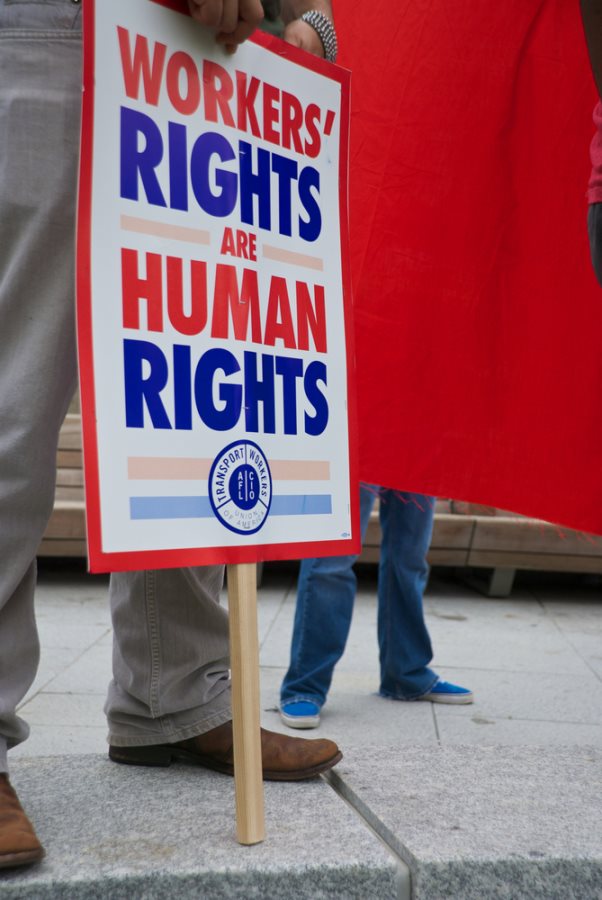
Do You Need an Accommodation Party?
When you’re planning an event, it’s easy to get wrapped up in the big picture. You want to pick the perfect venue, arrange the guest list, and make sure everything runs smoothly on the day of. But there’s one important aspect of event planning that many people overlook: the accommodation party.
An accommodation party is a person or group of people who agree to guarantee payment or fulfill certain responsibilities in order to secure the rental of a venue or equipment. In other words, they act as a safety net for the rental company in case anything goes wrong.
But do you really need an accommodation party for your event? Let’s take a closer look at what they are, why they’re important, and how to decide if you need one.
What is an Accommodation Party?
An accommodation party (also called a guarantor) is someone who agrees to take on certain responsibilities if the original renter (the tenant) is unable to fulfill them. For example, if you’re renting a venue for a party, the venue may require you to provide an accommodation party in case you damage the property or fail to pay the rental fee.
The accommodation party can be an individual or a group of people, and they typically sign a document called a guaranty agreement. This agreement indicates that they will take on the responsibilities of the tenant if necessary.
Why Do You Need an Accommodation Party?
Not every rental company requires an accommodation party, but there are several situations where they may be necessary:
1. Lack of Credit or Poor Credit History
If you have a low credit score or no credit history, a rental company may require you to provide an accommodation party to guarantee payment. This ensures that they will be able to collect payment even if you are unable to pay.
2. High-Risk Events
Events that are known to have a high risk of damage or liability may require an accommodation party. For example, a music festival may require an accommodation party to ensure that the rental company is protected in case of property damage or injury.
3. Expensive or High-Value Rentals
If you’re renting expensive equipment, such as audio equipment or lighting, the rental company may require an accommodation party to ensure that they will be able to recover the value of the equipment if it is damaged or not returned.
4. International Renters
If you’re renting from a company located in a different country, they may require you to provide an accommodation party who lives in the same country as the rental company. This ensures that they will be able to collect payment or recover damages if necessary.
5. Large Events
For events with a large number of guests or high-value rentals, an accommodation party may be necessary to ensure that the rental company is protected from any potential damages or liability.
How to Decide if You Need an Accommodation Party
If you’re unsure whether or not you need an accommodation party, there are a few questions you can ask yourself:
1. How much is at stake?
If you’re renting equipment or a venue that is valued at a significant amount of money, it may be worth considering an accommodation party to protect yourself and the rental company.
2. What is the rental company’s policy?
Check with the rental company to see if they require an accommodation party. If they do, you’ll need to provide one in order to secure the rental.
3. Do you have any credit or financial issues?
If you have a low credit score or no credit history, or if you’ve had issues with paying bills in the past, you may need to provide an accommodation party to guarantee payment.
4. What is the level of risk for your event?
Consider the level of risk associated with your event. If it’s a high-risk event, such as a music festival or sporting event, an accommodation party may be necessary to protect the rental company.
5. Can you afford to pay for damages or liability?
If you’re unable to pay for damages or liability that may arise during your event, it’s important to provide an accommodation party who can take on those responsibilities.
Government Resources on Accommodation Parties
The U.S. Small Business Administration provides a detailed guide on guarantees and co-signers, including information on guaranty agreements and the legal responsibilities of both the tenant and the accommodation party. The guide also includes information on the various types of guarantors, including individual guarantors, corporate guarantors, and third-party guarantors.
The Department of Justice provides information on the Fair Housing Act, which prohibits discrimination against individuals with disabilities and requires landlords to make reasonable accommodations for tenants with disabilities. This may include allowing an accommodation party to sign a lease or rental agreement in order to secure housing for the tenant with a disability.
The Federal Trade Commission provides information on how to protect yourself from identity theft when providing personal information as an accommodation party. This includes tips on how to protect your credit and avoid providing unnecessary personal information.
Conclusion
While not every rental company requires an accommodation party, they can be an important tool for protecting yourself and the rental company from damages, liability, or non-payment. Consider the level of risk associated with your event and the rental company’s policies before deciding whether or not to provide an accommodation party. And remember to always read and understand any legal agreements before signing.
The government agency that enforces the United States’ labor laws could be stripped of its powers next year.
Congressional Republicans are impeding President Barack Obama from filling seats on the National Labor Relations Board while the democratic U.S. Senate is in recess.
The five-member board is currently diminished to three members—another member is slated to depart at the end of the calendar year. The remaining two individuals would not legally be able to construct rules or issue decisions concerning labor laws in America.
The Republican-dominated Congress claims that the board favors unions; the Republicans believe the board renders too many union-friendly decisions that are destructive to American businesses. Democrats say that these tactics will cripple the Labor Relations Board and prevent it from enforcing any aspect of labor law.
The National Labor Relations Board has long been a conductor in the fight between unions and businesses over the right of employees to organize in the workplace.






















